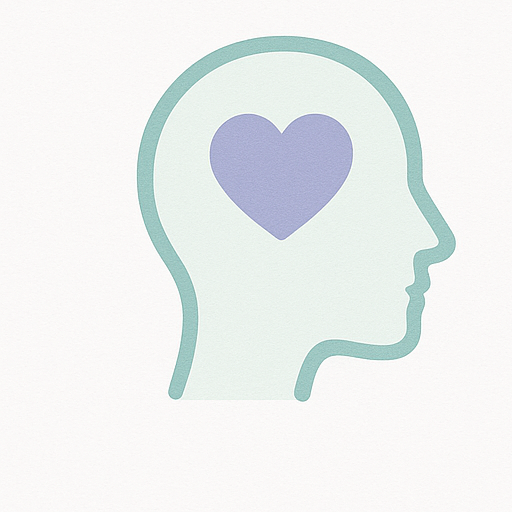
The most effective mental health habits include maintaining a consistent sleep schedule of 7-9 hours nightly, practicing daily meditation or mindfulness for at least 10 minutes, engaging in regular physical exercise, and keeping a gratitude journal. Other powerful habits include setting boundaries with technology, staying connected with supportive relationships, eating nutrient-rich foods, and practicing deep breathing exercises. Mental health apps can help you track and maintain these habits through reminders, progress monitoring, and guided activities that make healthy routines easier to sustain.
To protect your mental wellbeing, avoid excessive social media consumption, irregular sleep patterns, isolation from friends and family, and neglecting physical self-care. Limit alcohol and caffeine intake, especially before bedtime, and avoid comparing yourself to others on social platforms. It's also important to avoid ignoring persistent feelings of sadness, anxiety, or overwhelm without seeking appropriate support. Mental health apps can help you identify and modify these harmful patterns through mood tracking and awareness-building features.
Research shows that evidence-based mental health apps can be highly effective as supplementary tools for managing anxiety and depression symptoms. Apps using cognitive behavioral therapy (CBT) techniques, mindfulness practices, and mood tracking have demonstrated measurable improvements in user wellbeing. However, these apps work best when combined with professional therapy and shouldn't replace clinical treatment for severe mental health conditions. Look for apps that are clinically validated and developed with mental health professionals.
Start by identifying your primary mental health goals – whether it's better sleep, stress reduction, habit building, or mood management. Read user reviews and check if the app is backed by scientific research or developed with licensed therapists. Consider your budget, as some premium features require subscriptions. Free trials are excellent for testing app compatibility with your lifestyle. The most effective app is one you'll actually use consistently, so prioritize user-friendly interfaces and engaging content.
Mental health apps are powerful supplementary tools but cannot replace professional therapy or prescribed medication for serious mental health conditions. They work excellently for prevention, maintenance, and mild-to-moderate symptoms. Apps are most effective when used alongside traditional treatment methods. If you're experiencing severe depression, anxiety, suicidal thoughts, or other serious mental health concerns, always consult with a licensed mental health professional first.
Essential features include progress tracking, personalized content, evidence-based techniques, and user privacy protection. Look for apps offering guided meditations, mood tracking capabilities, habit formation tools, sleep monitoring, and crisis support resources. Premium apps often include one-on-one coaching, extensive content libraries, and advanced analytics. The best mental health apps also provide offline access and seamless integration with other health tracking devices.
Many free mental health apps offer excellent basic features and can be highly effective for users with mild symptoms or those new to mental health practices. However, paid apps typically provide more comprehensive content, personalized experiences, advanced tracking features, and professional support. Free versions often serve as great starting points, and you can upgrade to premium features as your needs evolve. The key is finding an app that matches your current mental health goals and budget.
Consistency is more important than duration when using mental health apps. Daily use for 10-15 minutes typically yields better results than sporadic longer sessions. Start with small, manageable goals like 5 minutes of daily meditation or logging your mood once per day. Most mental health apps are designed for daily engagement through features like habit tracking, daily affirmations, or brief mindfulness exercises. Regular use helps build lasting positive mental health habits.
While meditation apps focus specifically on mindfulness practices, guided meditations, and breathing exercises, comprehensive mental health apps offer broader wellness features including mood tracking, habit building, sleep improvement, gratitude practices, and therapeutic techniques. Many top mental health apps include meditation components alongside other evidence-based tools. Choose meditation-specific apps if mindfulness is your primary goal, or opt for comprehensive mental health apps for a holistic approach to wellbeing.